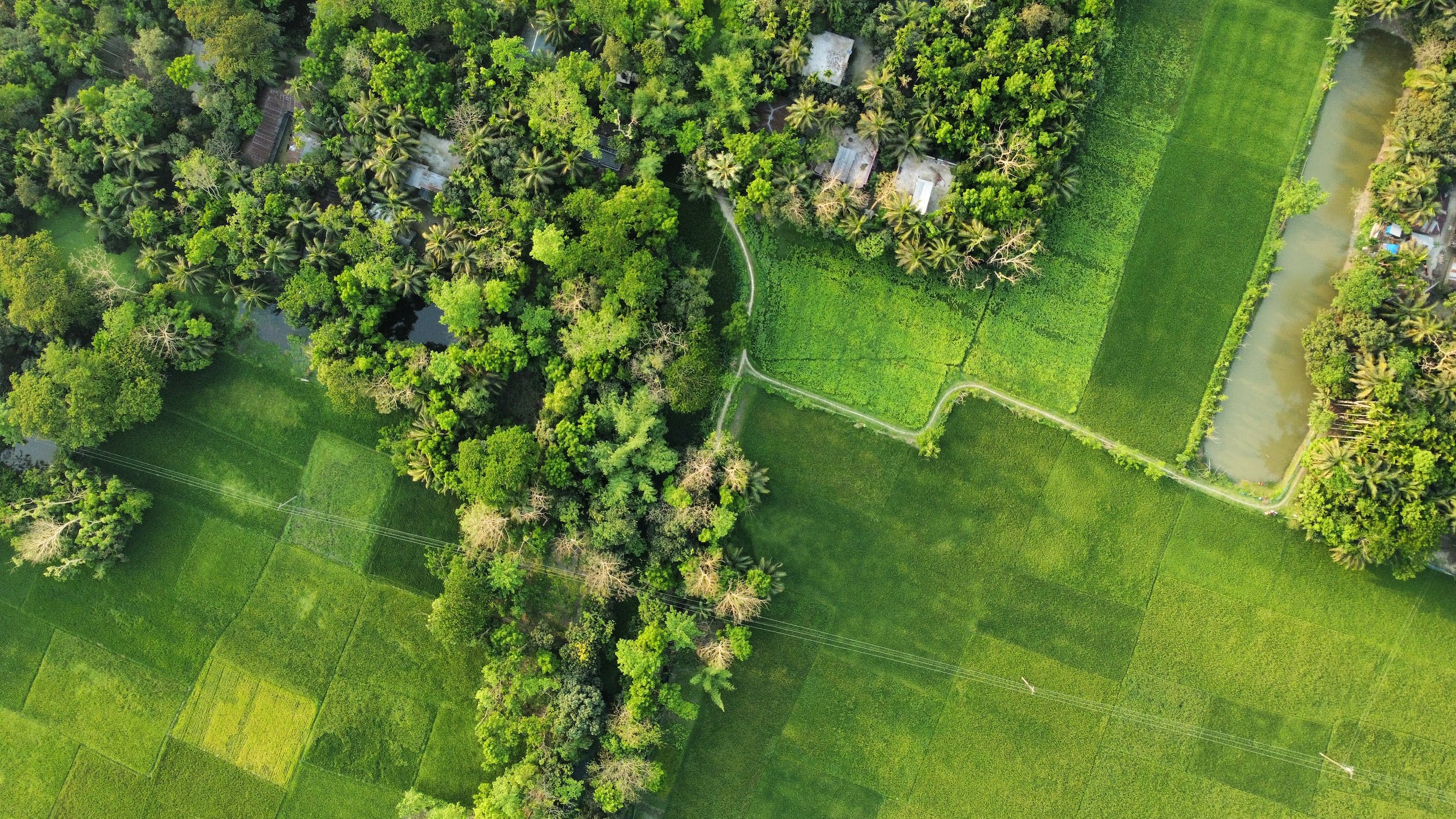
During 2020, our lives have been dramatically changed by a novel coronavirus unknown before its appearance in the city of Wuhan in December 2019. Around the world, people’s individual lives have been turned upside down with flights being cancelled, pubs, bars and theatres closing, a widespread shift to remote working for those who can, and vocabulary such as ‘social distancing’ and ‘self-isolation’ becoming the norm.
The immediate and existential threat that COVID-19 poses to humanity has led to us drastically changing our lives seemingly overnight, bringing a great deal of human activity across the world to a halt. As we have been collectively forced to slow down, it is easy to get wrapped up in the effect it’s having on our own lives and miss the positive effect it’s having on the environment as the natural world takes a break from industrial pollutants.
From clearing water canals in Venice, to a marked fall in toxic air pollutants such as nitrogen dioxide worldwide, the evidence is clear.
Change Management and remote working is our area of expertise, so something very much on our minds here at #TeamHable is, what can we take from this drastic, short-term change that we can implement in the long-run? Can we re-enter a greener world that can maintain a sustained drop in greenhouse gas emissions?
There are many big questions this pandemic has brought to our attention, questions which take us from the governmental to the individual level; from choices such as what kind of energy production we are funding, to how frequently we individually fly. From our perspective at Hable, we are interested in how the way we work collectively may evolve following this mass working-from-home experiment. While for most, being confined in one place 24/7 is far from ideal, perhaps going ahead a widespread increase in a more flexible approach to working may be one way of contributing to a greener, happier world.
How flexible working is making our world greener
While being shut in our homes 24/7 is not a long-term aspiration for any of us, there are numerous lessons we can take from this going forward. A few ways in which flexible working and Office 365 can play a part in paving the way to a greener world
Online meetings: There is a long-held perception that meetings must be face-to-face. Going forward, perhaps we can be more mindful and question when these kind of meetings are really necessary. If we can hold more meetings online, it saves on time, money, travel and carbon emissions. Meetings held on Microsoft Teams do not require booking a meeting room, can be recorded using Stream and allow for real-time collaboration. It’s a win-win for both humans and the environment.
Going Paperless: With excellent collaboration tools such as SharePoint and OneNote, collaborating is more interactive than ever and going paperless is easy.
Flexible working: Employees are more than just their work. We all have families, hobbies and things we want to do. If we can take away that commute to and from work just a few days a week, not only are we reducing carbon emissions, we are giving ourselves time to do more and to be more. An employee with autonomy is an employee who is empowered.
As well as a collective shift, we also need to consider how we can make changes within our organisations. Microsoft have pledged that they will be carbon negative by 2030, in alignment with the UN’s agenda for Sustainable Development. Even more ambitiously, by 2050 they plan to have removed all the carbon the company has been responsible for since its beginnings in 1975.
As for Hable? A word from our founder, Mark Reynolds, on the topic:
“I have been thinking a lot about how we can help our customers define their “new” future state, after all this is over. What will the use of physical office space look like? Can our new-found knowledge of remote working and digital meetings translate into a long term change and a greener way of doing business? There are clearly going to be tough economic times ahead for many organisations, but it also feels like this last few weeks has already changed some things about business for the better…”
One thing is for sure, the world we re-enter at the end of this pandemic will be a changed one. If we make good decisions and act now, we are putting our bets on a world that operates in a way that is better for both our planet and all of us on it.
Follow us on Twitter and Linkedin for updates and guidance on Microsoft Teams and remote working.
